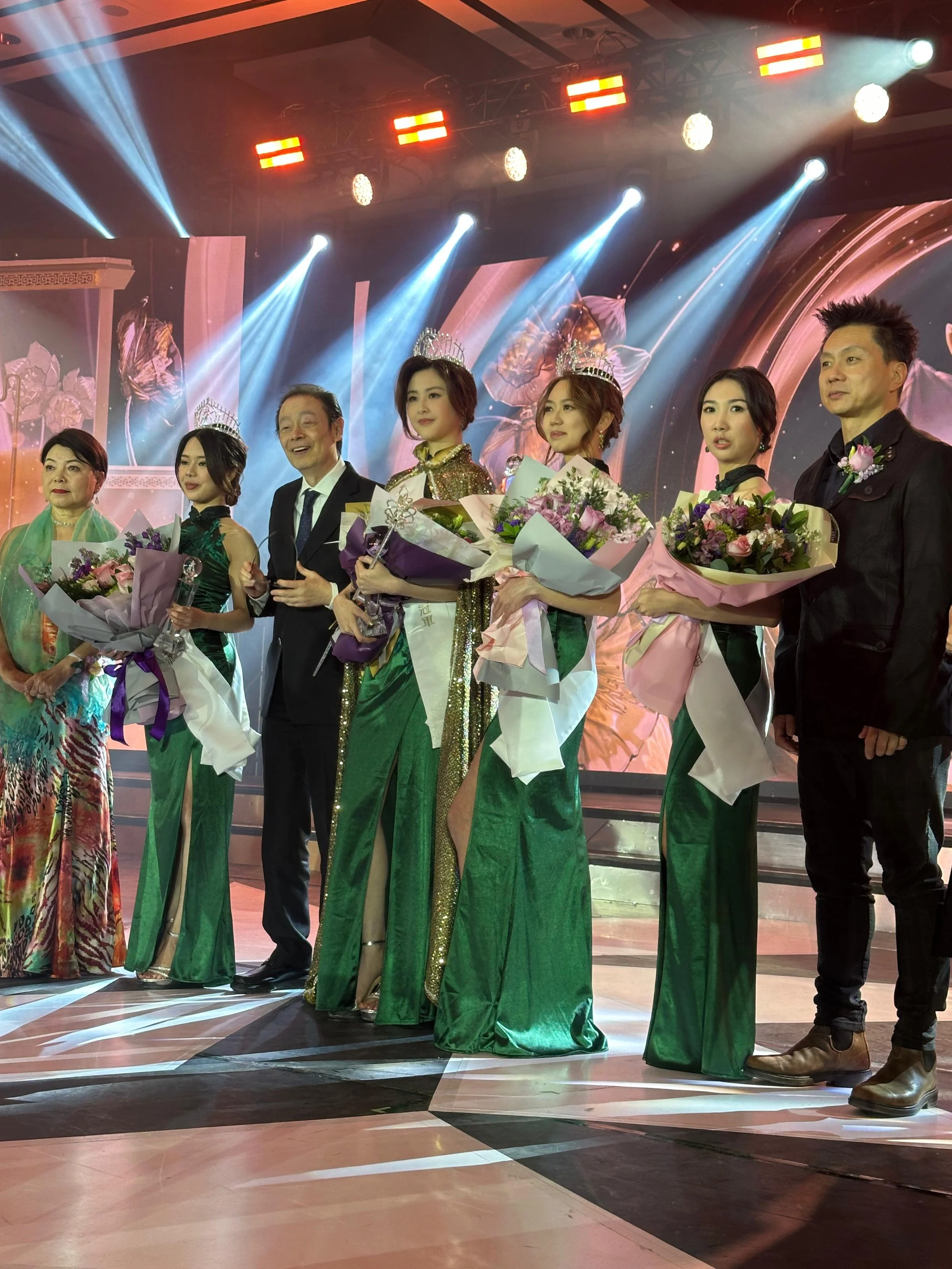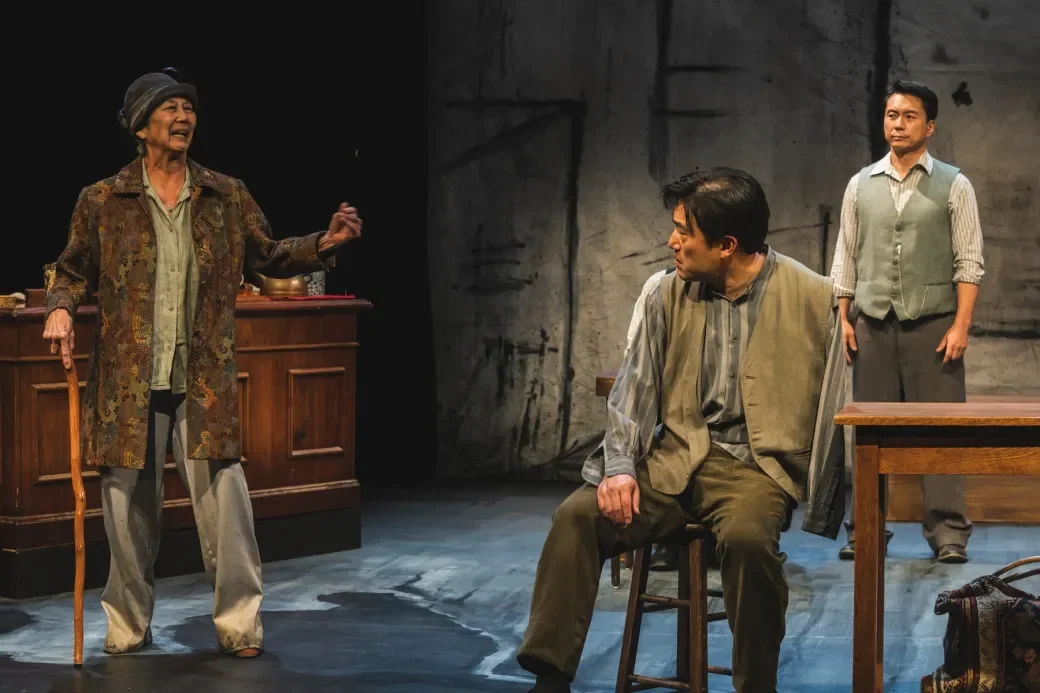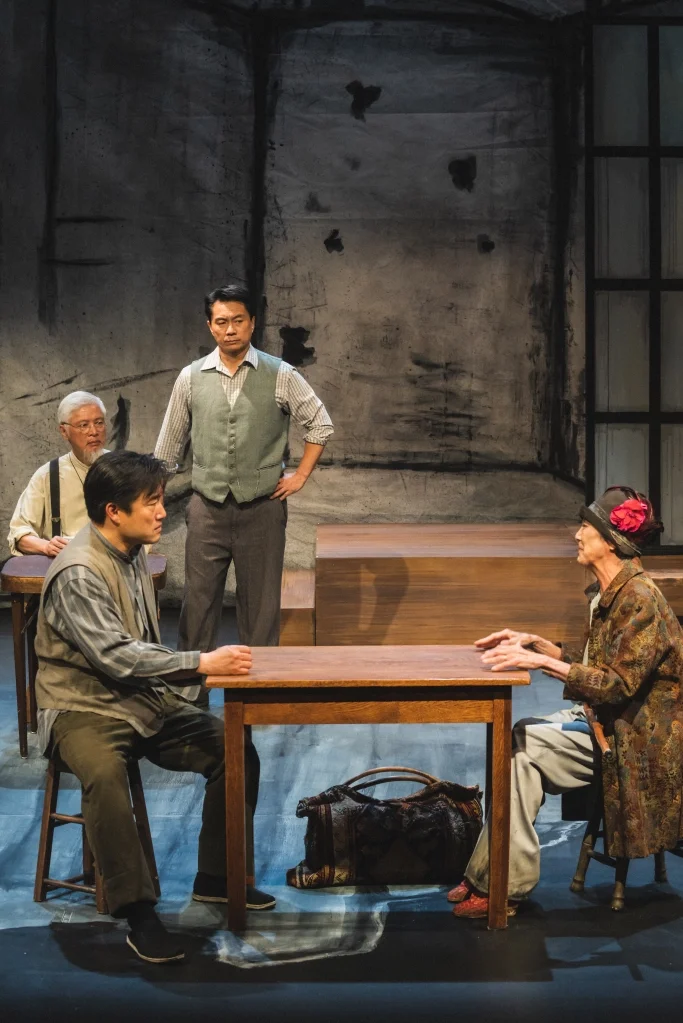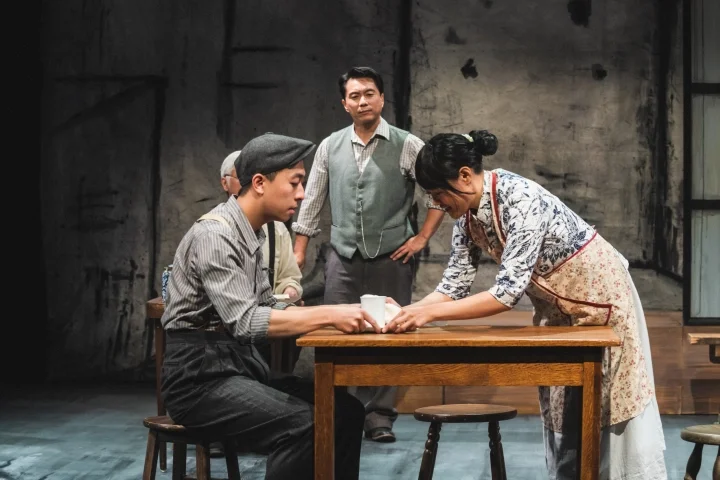George Chiang Featured on Fairchild Television’s Vibe Loop
/George Chiang recently appeared on Vibe Loop (新時代電視 Fairchild Television) for a Mandarin-language interview, reflecting on his creative journey across theatre, music, and storytelling.
English transcription below:
Host: Turning a concept into a script, and then bringing it onto the stage as a full musical—wow, just hearing that you know it’s not easy. But George, you didn’t just do it—you also won many awards. George, I’d like to ask: why did you originally choose the ancient Chinese banned novel Jin Ping Mei (The Golden Lotus) as your subject, and make Pan Jinlian (Golden Lotus) the protagonist of this musical?
George: I chose Jin Ping Mei because it is a very powerful story. The people in it— you can feel that they are real, made of blood and flesh, and its meaning is still very important today.
That’s why I made Golden Lotus the protagonist. Her story truly moved me. In the book, she appears to be a bad person, and people only see the wrong things she did. But what I see is different. What I see is a woman who had no rights and no choice. Imagine this: if Golden Lotus were a woman today, she would not have married Wu Dalang (Wu Da), and so many terrible things would not have happened. But women in the past had no rights, I want people to see that in a world without rights. how she struggled desperately just to survive.
Host: Did you ever expect Golden Lotus to win so many awards?
George: In Hong Kong, we received the Best Original Work award for stage productions. Later, COVID-19 arrived. Theatres around the world were forced to close, so we sent the filmed version of Golden Lotus to film festivals.
We simply wanted people to see my musical. We truly never expected to win awards. But later on, we received more than sixty awards from film festivals.
Host: Besides Golden Lotus, works like The Railroad Adventures of Chen Sing also contain Chinese elements. Is that related to your Chinese identity?
George: I wrote the story of Chen Sing because I wanted people to know that Chinese people also helped build this country, and to let everyone know that we are also part of Canada.
Host: When you write a musical, do you usually start with the music, or with the story?
George: I start with the story. But when I add the music into the lyrics, the music changes the lyrics into something different. I really love this process.
Host: Do you have any particular creative habits when you’re working?
George: One small habit I have is this: no matter where I am or what I’m doing, as long as an idea comes to me, I must write it down immediately. Otherwise, it might disappear in an instant.
Host: Many artists are actually very serious in private. As a serious artist and busy producer, do you find yourself thinking about creating 24 hours a day, or do you also make time to relax?
George: I really do think about my work all the time, but I also believe exercise and rest are very important. Only then can my mind be clear.
Host: And lastly, would you encourage newcomers to enter this industry?
George: I think if you truly want to tell stories, and you want to use art to express your feelings, then you should walk that path.















